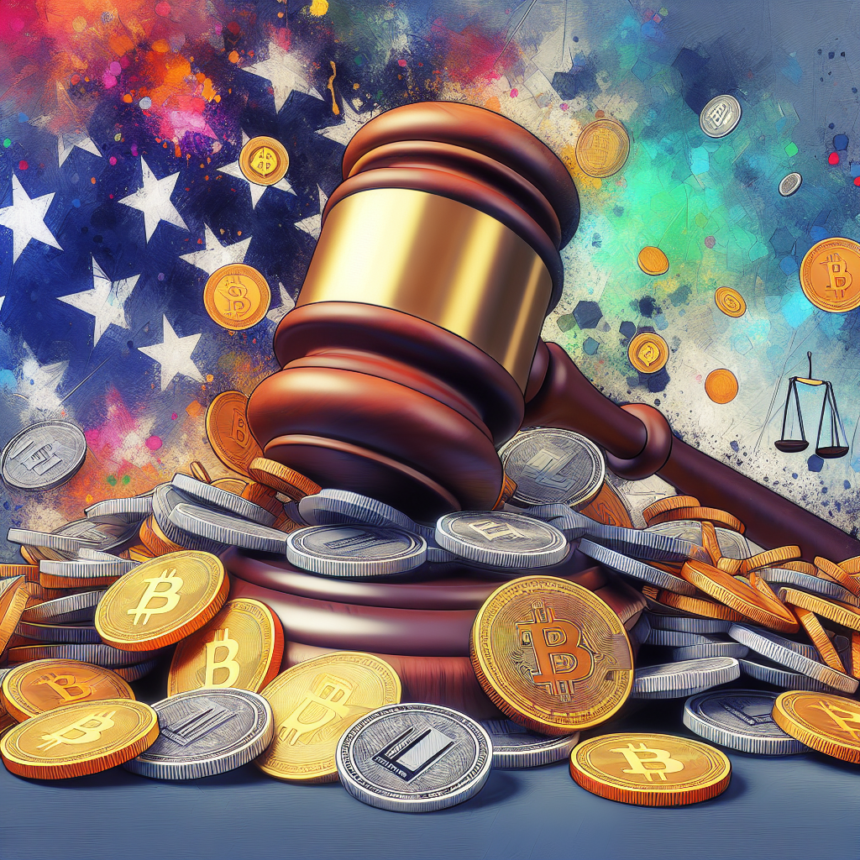In a significant victory for regulators, a federal court decision has strengthened efforts to hold the cryptocurrency industry accountable to the same laws as traditional financial markets. This ruling is part of a series of wins for officials seeking to reign in the often unchecked world of digital currencies.
The decision underscores the increasing scrutiny faced by the rapidly growing cryptocurrency market. While virtual currencies like Bitcoin and Ethereum have gained immense popularity in recent years, they have also been plagued by challenges related to security, fraud, and regulatory compliance.
Regulators argue that the lack of oversight in the cryptocurrency industry poses significant risks to investors and the financial system as a whole. By enforcing existing laws that govern traditional stock and bond markets, authorities hope to bring more stability and accountability to the digital asset space.
The ruling is a clear signal to cryptocurrency exchanges, traders, and investors that they can no longer operate with impunity. It highlights the need for greater transparency and adherence to regulatory guidelines in an industry that has often operated in a gray area between legality and lawlessness.
While some in the cryptocurrency community may see these developments as an encroachment on their freedom and privacy, others view it as a necessary step towards ensuring the long-term viability and credibility of digital currencies. By holding players in the industry to the same standards as traditional financial markets, regulators hope to protect consumers and prevent potential market manipulation and fraud.
Overall, the recent federal court decision is a positive development in efforts to bring more accountability and oversight to the cryptocurrency industry. As the market continues to evolve and grow, it will be crucial for regulators and industry participants to work together to create a more secure and transparent environment for all stakeholders.
In my opinion, I believe that regulating the cryptocurrency industry is essential to protect investors and ensure the stability of financial markets. While the decentralized nature of virtual currencies has its benefits, it also leaves them vulnerable to abuse and criminal activity. By enforcing existing laws and regulations, authorities can help to mitigate these risks and create a more level playing field for all market participants. Ultimately, increased oversight and compliance will be necessary for the long-term success and legitimacy of the cryptocurrency market.


